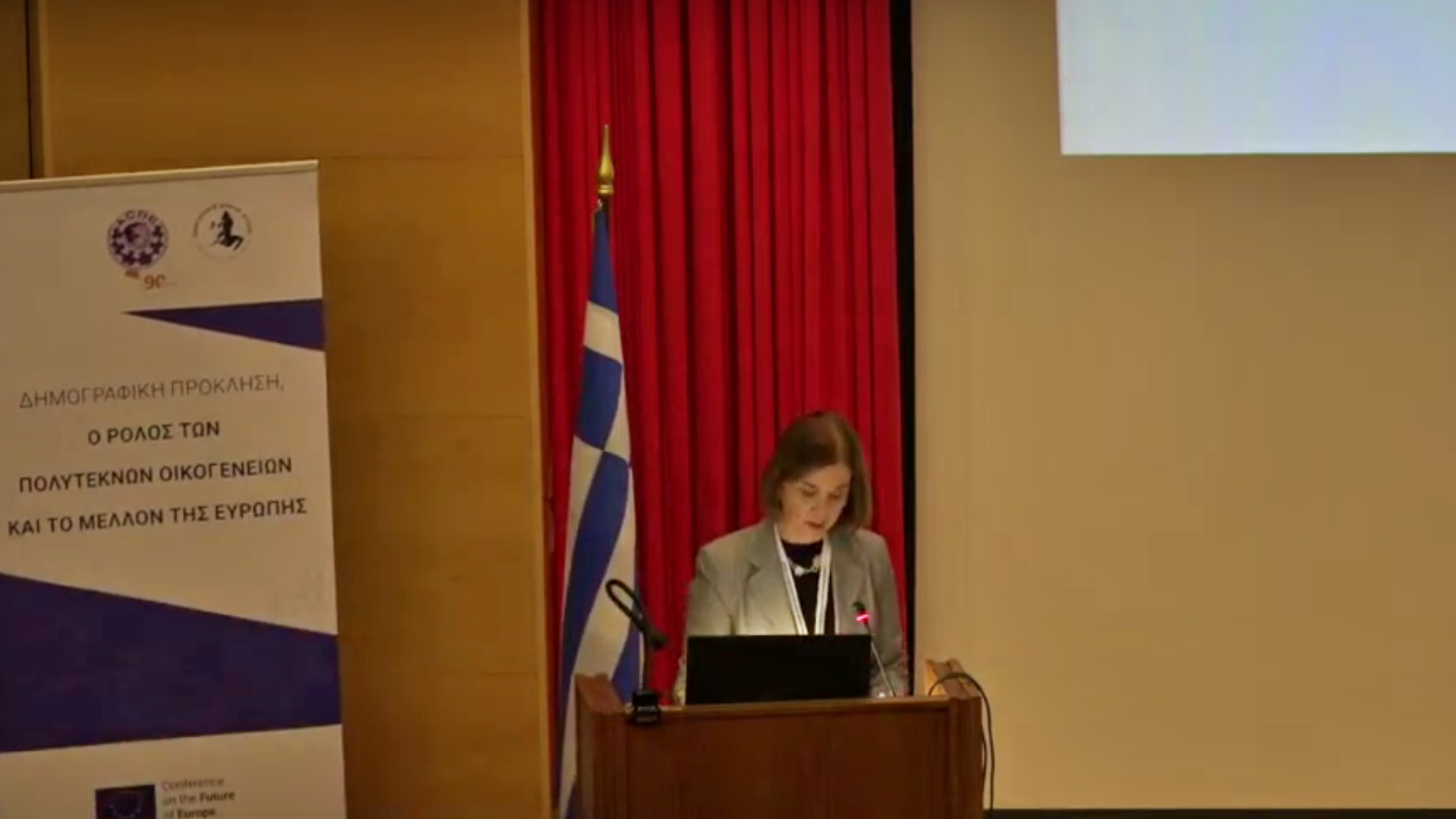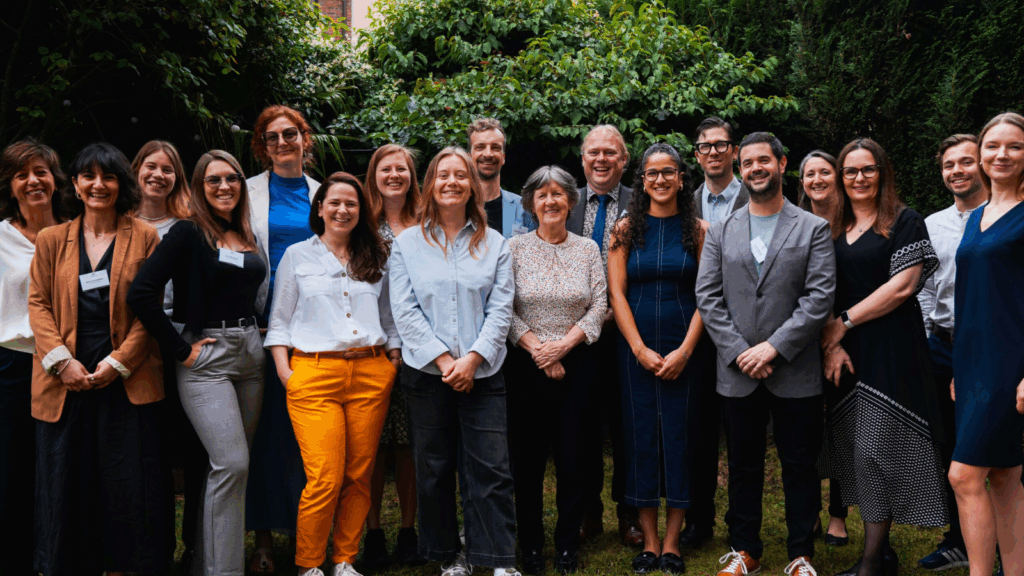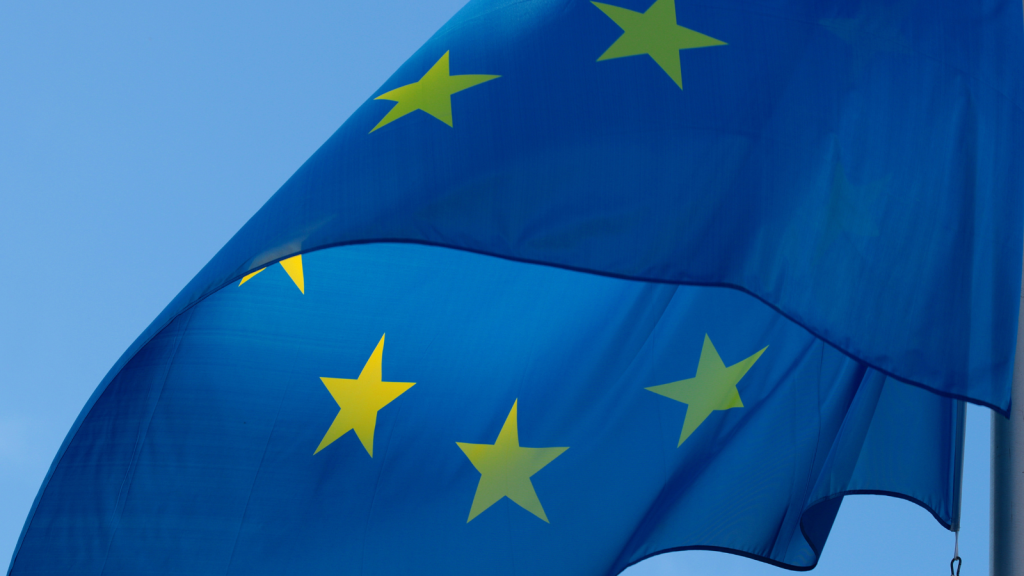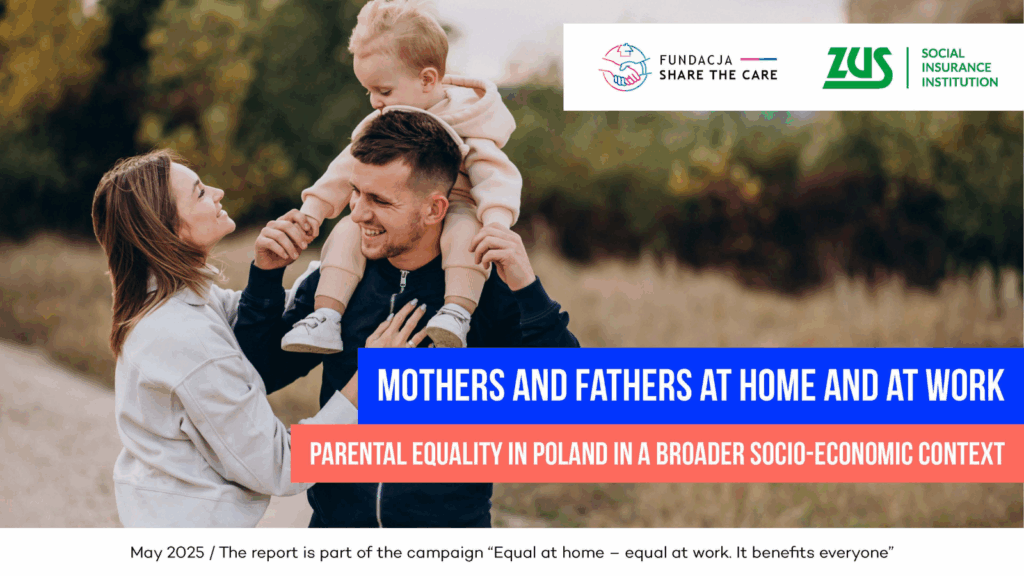The Supreme Confederation of Multi-Child parents of Greece (ASPE) organized successfully, on its 90th anniversary, the 11th International Conference entitled THE DEMOGRAPHIC CHALLENGE, THE ROLE OF LARGE FAMILIES AND THE FUTURE OF EUROPE, on Monday 18.10.2021 in Athens, Greece, a hybrid one-day policy event, in co-operation with the Social Administration Research Laboratory, University of West Attica. The event was attended on-site by a limited number of participants, due to covid-19 restrictions, but it was broadcast via the internet (live-streaming).
The first section (Families and the future of Europe) focused on family issues at the European political level and the issues facing European families in the 21st century.
In the 2nd section (Issues of demographic and family policy, and the contribution of ASPE), the discussion concerned the role of municipalities in family policies, the contribution of ASPE in the public debate on the necessary policies as well as an evaluation of policies related to the family.
The third session (Dangers and challenges for large families today) discussed the dangers of poverty and the challenges of families, and more specifically large families, in the quest for a decent life. If not treated in time, these dangers and challenges will cause social exclusion and negative discrimination. Also, some good practices from other countries were also presented.
In the first session, Dr. (Mrs) Antonia Torrens, Vice-President of COFACE-Families Europe, was a speaker and referred to the role of COFACE and the main activities of COFACE in relation to Work-life Balance, to Child Compass 2030, etc.
Dr. (Mrs) Antonia Torrens, also presented the five dimensions of the framework that COFACE has set for family support, namely: education, community, digital technologies, environment, and economy. The presentation included descriptions of the educational tools that KMOP has developed for parents: Live without bullying, ParentBank – Enhancing the social inclusion of low-income single parents (https://elearning.coeus.online/enrol/index.php?id=115).
It was a useful, multi-dimensional event, that brought together stakeholders from many fields that work for and with families, such as politicians, Universities, UNICEF, the Christian Orthodox Church, Municipalities, policy experts, researchers, COFACE, ELFAC, etc.





